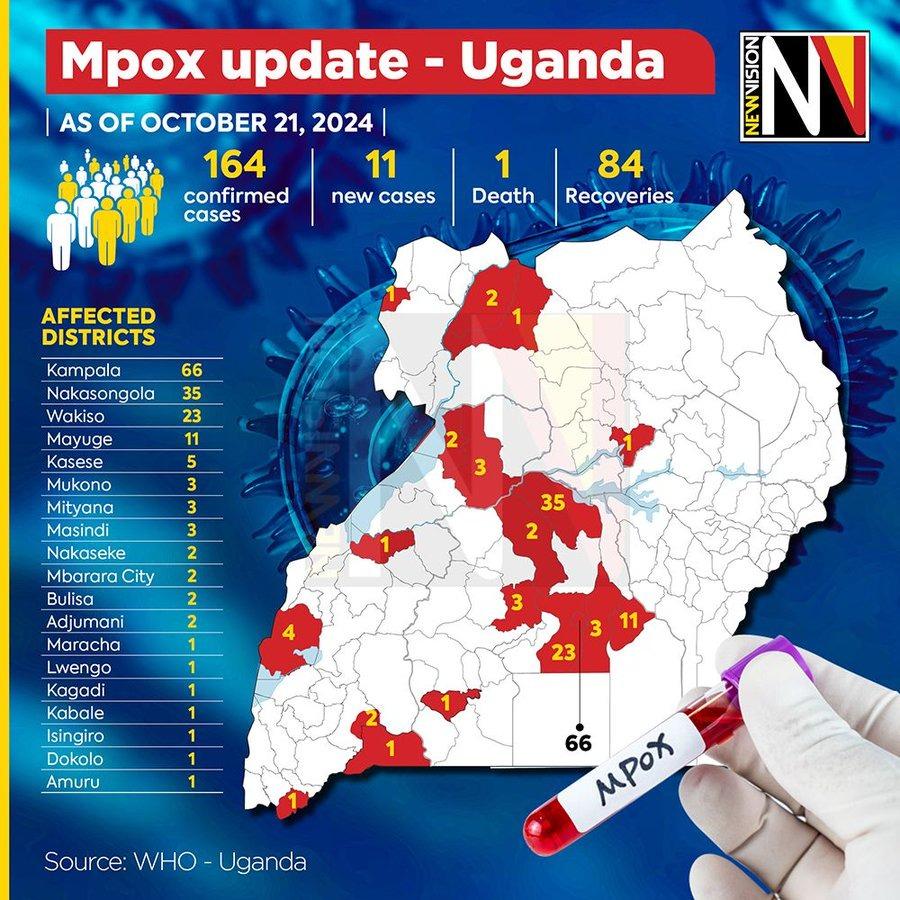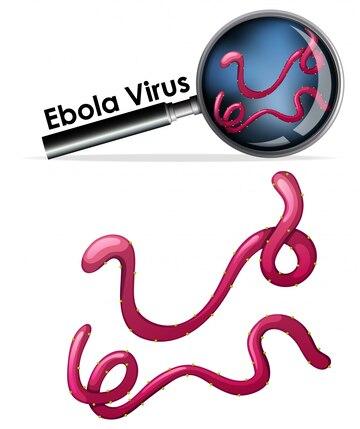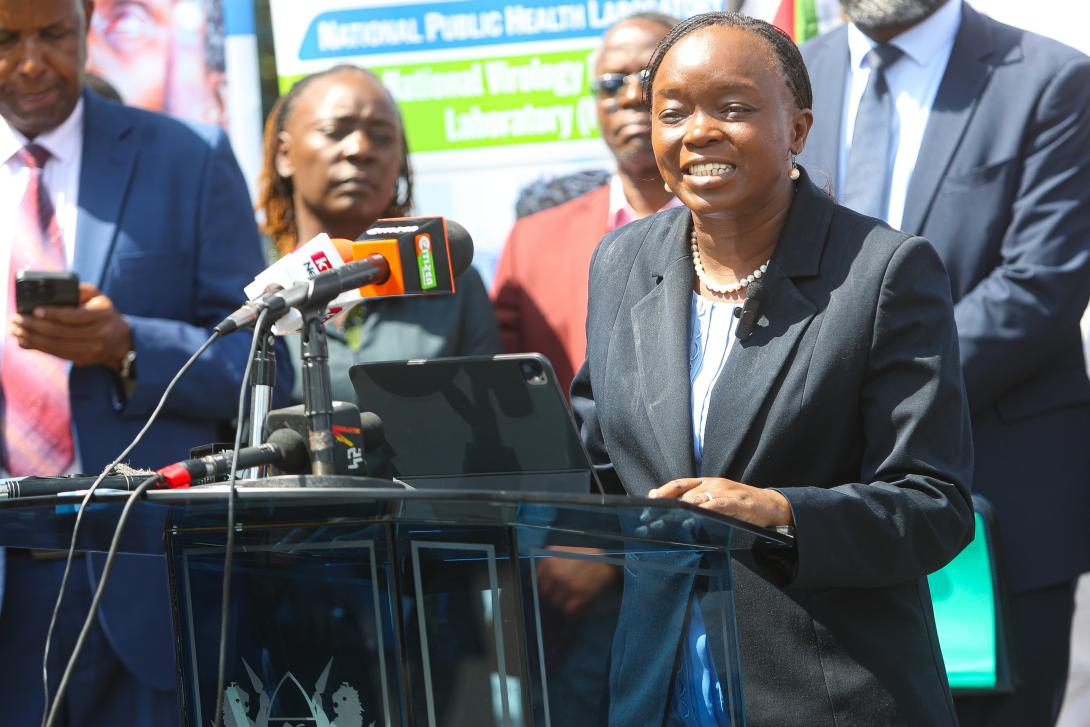On January 11, 2023, Uganda officially declared the end of the Ebola outbreak caused by the Sudan ebolavirus, following 42 consecutive days without any new cases since the last patient was discharged from care.
In total, there were 142 confirmed cases of Sudan virus disease (SVD), resulting in 55 deaths (a case fatality rate of 39%), while 87 individuals recovered. Additionally, 22 deaths were reported among probable cases, individuals who passed away before samples could be collected, bringing the overall case fatality rate to 47%. Among the affected were 19 healthcare workers, seven of whom tragically died.
The World Health Organization (WHO) reported that over 4,000 contacts were monitored for 21 days during the outbreak.
The virus spread across nine districts in Uganda, including Bunyangabu, Jinja, Kagadi, Kampala, Kassanda, Kyegegwa, Masaka, Mubende, and Wakiso.
Background
On 20 September 2022, the Ministry of Health in Uganda, together with WHO AFRO, confirmed an outbreak of SVD in Mubende District, Uganda, after one fatal case was confirmed.
The index case was a 24-year-old man, a resident of Ngabano village of the Madudu sub-county in Mubende District. The patient experienced high fever, diarrhoea, abdominal pain, and began vomiting blood on 11 September 2022. Samples were collected on 17 September 2022 and SVD was laboratory-confirmed on 19 September. The patient died on the same day, five days after hospitalisation.
This was the fifth SVD outbreak that occurred in Uganda.
What is Ebola?
Ebola virus disease (EVD) is a rare, severe, and often fatal illness in humans. The disease was first identified in 1976 during two simultaneous outbreaks in South Sudan and the Democratic Republic of the Congo, near the Ebola River, from which it takes its name. Ebola is caused by a virus from the Filoviridae family, which includes three genera: Cuevavirus, Marburgvirus, and Ebolavirus. There are six species of Ebolavirus: Zaire, Bundibugyo, Sudan, Taï Forest, Reston, and Bombali.
Transmission
Ebola is thought to be spread to humans from infected animals, particularly fruit bats, which are considered the natural hosts. The virus can also be transmitted through contact with blood, organs, or other bodily fluids from animals like chimpanzees, gorillas, monkeys, or forest antelopes. Human-to-human transmission occurs through direct contact with body fluids of infected individuals or contaminated objects, like clothing or bedding.
Health-care workers and individuals involved in burial ceremonies are at increased risk of infection. Ebola can also be sexually transmitted after recovery, and pregnant women may still carry the virus in breast milk or pregnancy-related fluids after recovery.
Symptoms
Ebola symptoms typically appear 2 to 21 days after exposure and begin with fever, fatigue, headache, and muscle pain. This progresses to vomiting, diarrhea, rashes, and both internal and external bleeding. People can only transmit the virus once symptoms develop, and those who recover may experience long-term symptoms such as joint pain, memory loss, and vision problems.
Diagnosis
Distinguishing Ebola from other diseases like malaria or typhoid fever can be difficult. Diagnosis is confirmed through methods such as:
Antibody-capture ELISA
Antigen-capture detection tests
RT-PCR assay
Electron microscopy
Virus isolation by cell culture
Treatment
Immediate medical care is essential for improving survival rates. Treatment includes fluids, pain management, and medications for secondary infections. An effective vaccine exists for the Zaire species of Ebola, and antibodies administered intravenously increase the chance of survival. Research continues on vaccines and treatments for other species of Ebola.
Prevention and Control
Preventive measures include regular handwashing, avoiding contact with body fluids of infected individuals, safe burial practices, and vaccination for those at risk of the Zaire Ebola species. Outbreak containment relies on a combination of case management, contact tracing, safe burials, and community engagement. Health-care workers must follow strict infection control measures to prevent transmission.
WHO Recommendations
WHO emphasizes the importance of raising awareness and following guidelines to reduce the risk of transmission. Laboratory samples should only be handled by trained professionals in properly equipped facilities. Health-care workers should use personal protective equipment and follow standard precautions at all times.
More details on this link .




